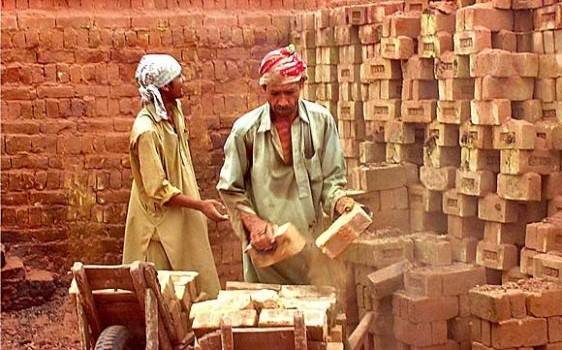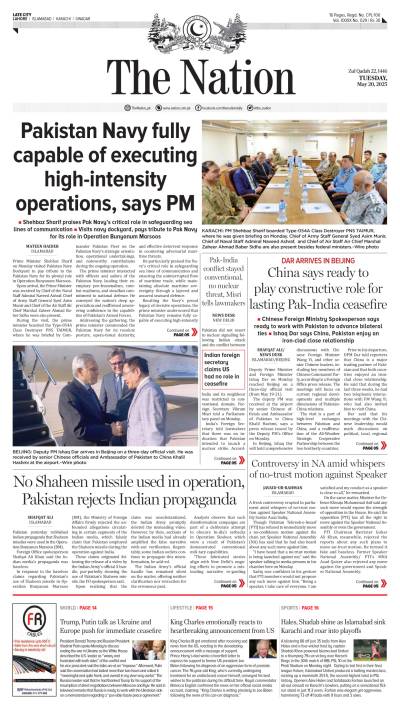Bonded labour has been outlawed in Pakistan and most other affected countries in line with UN conventions on human rights. However, these changes have not come into practice and we have made it to number three on a list of 167 countries where human slavery is most severe. According to the Global Slavery Index, (GSI) over two million people were enslaved in Pakistan. Punjab and Sindh are especially bad with a large number of bonded labourers in sectors like brick making.
Bonded labour is also called debt bondage and is defined as a form of slavery by the Abolition of Forced Labour Commission 1957 and a form of forced labour by the International Labour Organisation (ILO). A person becomes a bonded labourer when they are tricked into taking a loan. The person is forced to work long hours for little or no pay often for seven days a week, in order to repay the debt. Sometimes the debt is never repaid and simply passes from one generation to the next.
Minimum wage in the provinces is from Rs 10,000 to Rs 12,000 for unskilled labour. However, most bonded labour escapes official accounting and there is no regulation or advocacy or rights to fight this cruelty. While bonded labour is the worst case, the situation of a lack of right to wages is a national problem. This is a problem in brick kilns, carpet industries, agriculture, fisheries, stone brick crushing, shoe making, power looms and refuse sorting. Many of the labourers are children, thus employers are not just circumventing national laws, but breaking international covenants as well.
Provincial governments have to be urged to enforce the Bonded Labour System (Abolition) Act 1992. There has to be uniform enforcement of the minimum wage for all bonded workers, they must all have the right to hold CNICs so they can benefit from old age benefits and social security schemes. Lastly, there needs to be special attention paid to the rights and needs of the children of workers. Many workers do not have legal documents and birth certificates. Without birth certificates their children cannot go to school, when they grow up, they cannot get identity cards because they don’t have birth certificates. And so the cycle continues.
Tuesday, May 20, 2025
Slavery In Pakistan

Pakistan, India DGMOs agree on gradual troop pullback by May 30
2:59 PM | May 20, 2025
Govt declares public holiday on May 28 to mark Youm-e-Takbeer
2:40 PM | May 20, 2025
Pakistan plans to secure $4.9bn in commercial loans for FY2025-26
2:33 PM | May 20, 2025
US cancels another $60M in grants to Harvard University
1:14 PM | May 20, 2025
Excavation resumes at Mohenjo Daro after 18 years, UNESCO leads effort
1:12 PM | May 20, 2025
-
Lahore emerges among safest global cities in Numbeo 2025 index
-
Lahore emerges among safest global cities in Numbeo 2025 index
-
India’s suspension of Indus Water Treaty legally baseless
-
Seventh polio case reported in Pakistan amid nationwide vaccination drive
-
Pakistan reports sixth polio case of 2025
-
PTA begins issuing VPN licences to regulate usage
The Wider War
May 20, 2025
Margalla on Fire
May 20, 2025
Defeated and Depressed
May 20, 2025
Regional Reset
May 19, 2025
Peak Potential
May 19, 2025
Worse than Anarchy
May 20, 2025
Salute to our Air Force
May 20, 2025
An Unbreakable Wall
May 20, 2025
Profiteering Milk
May 20, 2025
Rewriting the Rules
May 20, 2025
ePaper - Nawaiwaqt
Nawaiwaqt Group | Copyright © 2025





